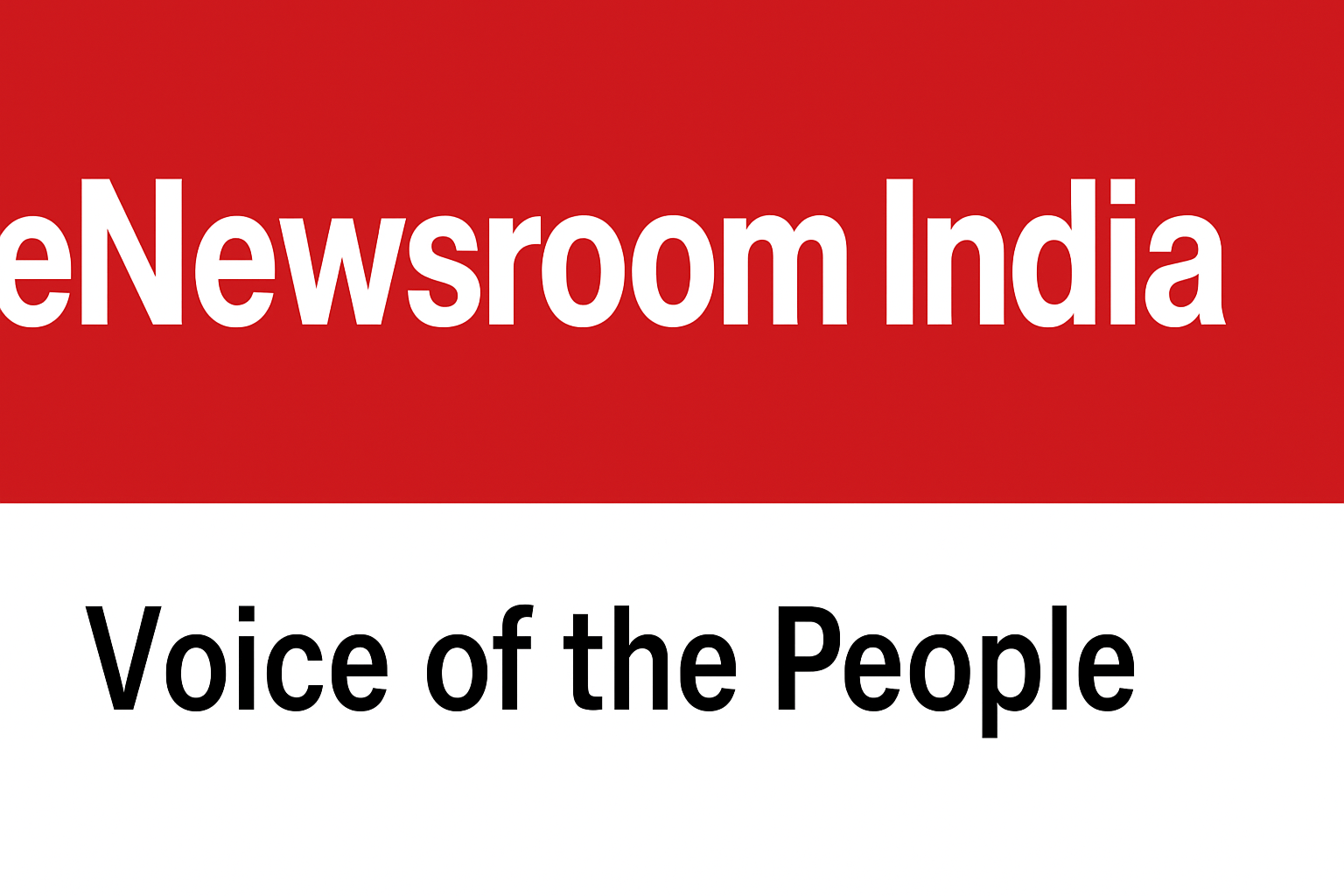[dropcap]T[/dropcap]he judicial system is not actually ‘denying’ bail to undertrials languishing in jail for the last five years—it is reinforcing the belief that the state can put anyone behind bars without giving any reason. There is no accountability for anyone. Another person will be released citing ‘human rights’ and ‘personal liberty’ as the reasoning. The right to free expression is essentially reserved for those with considerable influence and expansive legal representation in the courts.
How do you expect justice when appointments are made by retiring others? Party spokespersons are being appointed to the judicial system. People like Ram Rahim enjoy state patronage, and courts have allowed that to happen. What are common citizens supposed to do?
The fact is that judicial verdicts have never been truly objective—they are subjective. Legal instruments are used only to justify conclusions. This is why Justice Muralidhar or Justice A.P. Shah never reached the Supreme Court. The abrupt transfer of Justice Muralidhar from Delhi to Odisha is a case in point. Both the government and lawyers know who can grant bail and who cannot. Is that objective? Justice Bela Trivedi never granted bail to anyone during her tenure, and nothing happened. A few questions were raised, but there was no accountability.
Subjective Judgments, Selective Justice
Judicial impartiality is nothing but naivety. The judiciary is also part of the system and cannot really oppose the state or its leaders. Perhaps the only time the judiciary showed real spine was during the Emergency, when they called Indira Gandhi to court and declared her election from Rae Bareilly invalid. But can the judiciary do it today?
Most judgments today read like long speeches filled with hollow words—‘biggest democracy,’ ‘liberty,’ and ‘human rights.’ Now, some more such words are being added. These lofty terms are used selectively. Courts, too, understand who is powerful. Big names get relief because they can hire big lawyers who can demand bail at any time.
Bail rejection of Umar Khalid, Sharjeel Imam, Athar Khan, Khalid Saifi, Gulfisha Fatima, Meeran Haider, Shifa Ur Rehman, Mohd Saleem Khan, and Shadab Ahmed became a national outrage, but the dark reality of our time is that people are rotting in jail for five or more years without any charge sheet or trial. This means the process itself is designed so that the families and loved ones of those arrested suffer not only physical harassment but also daily mental torture. The state apparatus is completely unaccountable. We once said that police officers or legal officers must pay the price if a case is wrongly imposed on an individual who suffers for it, but that seems impossible now. Bureaucracy, judiciary, police, media, and government all wield power without accountability. Law has simply become a tool of intimidation, used at the whims of these institutions.
Law as a Weapon, Not a Shield
It may be time for political parties, lawyers’ associations, and the media—at least those who have the courage—to stand up and speak against this blatant violation of the law. The law is meant to liberate us and provide justice. It cannot be reduced to a punishment or a threat against political opponents.
The hypocrisy is evident when former CJIs repeatedly emphasised that ‘bail is the rule and jail the exception,’ but perhaps that only applies to people like Ram Rahim.
One need not be deluded. Liberty, freedom, and human rights are provided not by principle but by the state and its ruling apparatus. This is loud and clear. Those who can afford powerful lawyers and strong backing can enjoy these rights; the rest will continue to suffer. Someday, the Supreme Court may wake up, and we will again sing songs of victory and joy—‘justice is done.’ Journalists and opinion-makers will once more declare that the judiciary is the last hope in dark times. Meanwhile, political prisoners will continue to suffer and die, with no one held accountable. The grand show of the ‘largest democracy’ with its so-called ‘independent judiciary’ will go on, while the aam janta is expected only to clap and bow to the power of ‘justice.’


